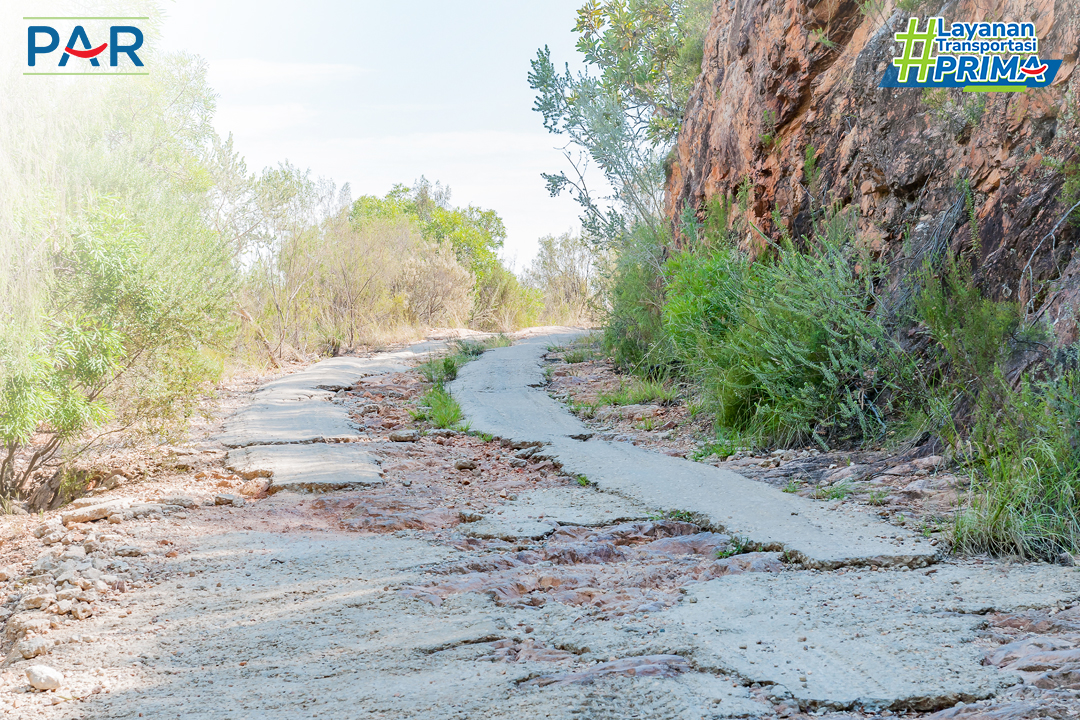

Roads in Indonesia are sometimes not always smooth, and are often full of unexpected damage. Starting from potholes, uneven surfaces, to puddles of water that can appear at any time, all of this is a test in itself for drivers. Unfavorable road conditions test driving skills and also demand extra attention in maintaining the vehicle. Every impact on a pothole or rough surface can impact the performance and health of your car. Therefore, read the following article to find out proper driving techniques and how to maintain your car regularly, which is the key to keeping your vehicle in top condition even though it often travels on damaged roads.
Facing damaged roads requires proper driving techniques to keep the vehicle and passengers safe. Here are some tips that you can apply:
When crossing damaged roads, it is best to reduce speed to minimize the impact of vibrations on the vehicle. Driving at high speed on damaged roads can damage the car's suspension and tires, and increase the risk of losing control.
If possible, try to avoid large potholes in the road. Deep potholes can cause serious damage to tires, rims and suspension. However, if it cannot be avoided, reduce speed further and pass through the hole slowly.
Keep a safe distance from the vehicle in front of you. This gives you more time to react if the vehicle in front suddenly brakes or avoids a hole in the road. Apart from that, you can also more easily see the condition of the road ahead.
Using a lower gear when going over uneven or rocky roads can help you control your vehicle better. Low gear puts more power on the wheels and allows you to move at a steady speed without too much stress on the engine.
Sudden braking on damaged roads can cause the vehicle to skid or the tires to lose traction. If you encounter a road that has lots of holes, it is best to reduce your speed slowly and steadily. This can prevent damage to the suspension and also to the tires.
Read Also: Safety Driving: Tips for Safe Driving on the Highway
If you often drive on damaged roads, it is important to give your car extra care. Here are some maintenance tips that can be done:
Bad roads can put extra stress on the car's suspension. Perform suspension checks regularly to ensure there are no worn or damaged components. If you feel something is wrong, such as the car feeling more rocky or making a squeaking sound when crossing a damaged road, immediately have it checked by a repair shop.
Tires and rims are the parts most often affected when traveling on damaged roads. Make sure the tire pressure is always in line with the manufacturer's recommendations and check whether there is any damage to the rims, such as cracks or bends.
Passing uneven roads can cause the car's wheels to be out of alignment or balance. This can affect the stability of the car and accelerate tire wear. Make sure to carry out wheel alignment and balancing regularly.
Bad roads can cause brake components to work harder. Make sure the brake system, including brake linings and discs, is in good condition. Routine checks on the brake system will help you maintain safety when driving.
Driving on damaged roads can cause the engine to work harder, resulting in increased temperatures and internal friction. Make sure to change the engine oil regularly to keep the engine in optimal condition and protected from excessive wear.
Read Also: Components that are usually replaced during routine car servicing